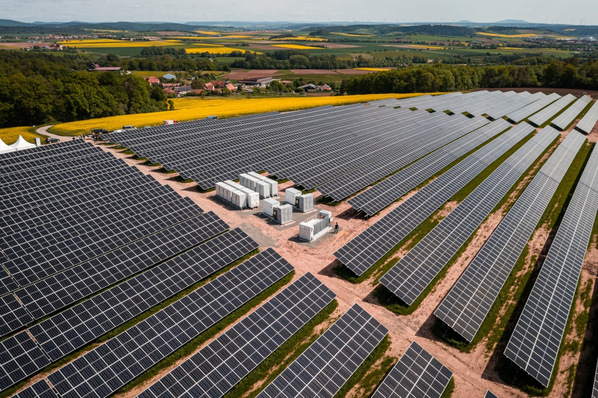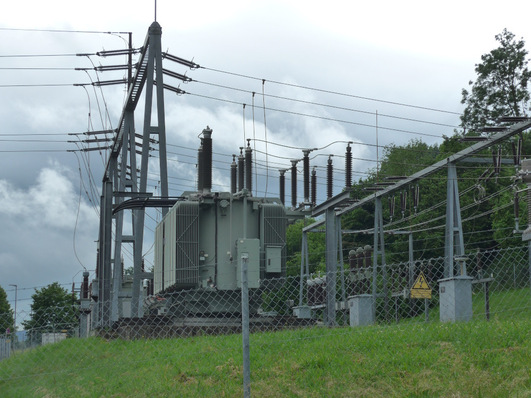On 22 November, the Land and Environment Court of Appeal handed down judgments in two cases concerning solar parks. The rulings come after the County Administrative Board of Skåne appealed against two rulings by the Land and Environment Court, which approved the construction of solar parks on agricultural land in Skåne.
In the new rulings, the Land and Environment Court states that electricity production from solar farms is an essential public interest. The Court also considers that the construction of solar parks involves the permanent occupation of agricultural land. Thus, according to the practice of the Environmental Code, anyone wishing to build a plant on agricultural land must carry out a so-called localisation study which shows that the same need cannot be met by using other land.
Solar parks completely reversible installations
„Solar parks are a new phenomenon in Sweden and there is a need for more knowledge that they are completely reversible installations, which cannot be equated with permanent installations, such as buildings. In addition, it is possible to combine the parks with the cultivation of, for example, grass and green fodder or with grazing animals," says Anna Werner, CEO of the Swedish Solar Energy Association.
The Land and Environment Court does not specify the requirements for the evaluation of alternative locations for a solar park. "The extent of a siting study depends on the circumstances of the individual case, including what is to be constructed," the court writes in the rulings.
Did you miss that? Largest solar park in Sweden approved by court
„In order not to delay the development of solar parks, it is important that the authorities develop clear guidelines on how a siting study should be carried out. It is important to take into account the views of the industry on what factors should be included in the assessment, such as proximity to grid connections. At the same time, the government must ensure that the Environmental Code does not unnecessarily hamper the expansion of fossil-free electricity production," Werner says.
About solar farms on agricultural land in Skåne
The rulings come after the County Administrative Board of Skåne appealed against two rulings in which the Land and Environmental Court allowed the construction of solar parks on agricultural land in Skåne. The County Administrative Board stated in its application to the Land and Environment Court that it had 33 photovoltaic installations under consideration, covering a total of approximately 940 hectares of agricultural land.
The area concerned corresponds to just over 0.2% of Skåne's total arable land. At the same time, the parks in question could increase the county's electricity production by more than 25%.
Also interesting: „Many farmers also want to harvest solar power“
By comparison, the area of fallow farmland in Skåne, which has almost doubled since 2010, is 12 times larger (11 700 hectares). The Skåne arable land currently used to grow energy forest is twice as large (1 900 hectares). Calculated per hectare, solar parks produce ten times more energy than energy forest.
„It is very positive that the Court states that electricity production from large-scale solar farms is an essential public interest. Sweden urgently needs to increase fossil-free electricity production and solar parks can be expanded faster than any other form of energy," Werner underlines. (hcn)
Did you miss that? SwedenSolar park growth of 141 percent







